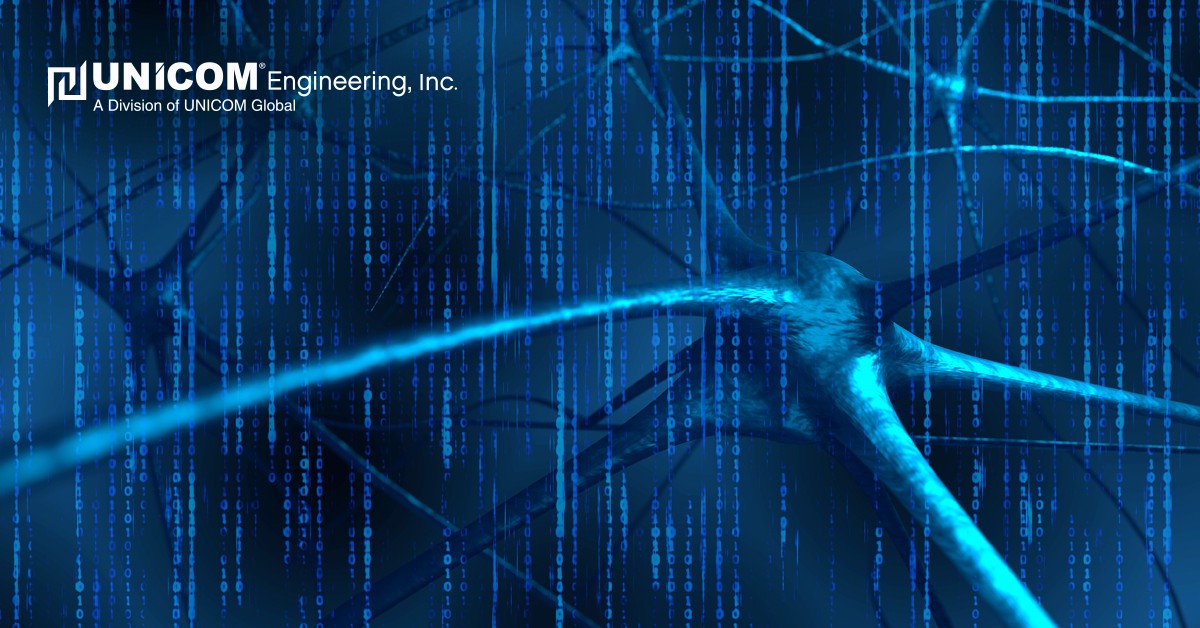What is Deep Technology?
The term ‘deep tech’ was coined by, Swati Chaturvedi, the founder of Propelx.com—an investment platform for investors interested in deep tech start-ups. Propelx saw great potential in a segment of the tech industry that lacked real visibility to the investment world but offered tremendous future value. There was a need to define specific advancements that were truly innovative reaching beyond business model innovation or leveraging existing tech to transform their business. The distinction between tech and deep tech is important in that the results from deep tech are not only disrupting but world-altering, helping people live better, longer, and more safely than ever before.
The Impact of Deep Technology Across Industries
Scientific discovery has a profound impact on specific industries such as:
- Agriculture, food safety and sustainability
- Life sciences
- IT and communications
- Aerospace
- Green/energy-based technology
- Industry and manufacturing
Each industry is impacted differently, but innovations are often life-changing. To illustrate the power of deep technology, let’s explore a few examples.
Agriculture
Synthetic foods created with biotechnology, such as alternative proteins, created from plant-based products. Also, consider concepts like vertical farming permitting growers to use less land to create the same yields in otherwise inhospitable growing environments. This kind of innovation could lead to food stability throughout the world.
Life Sciences
There are so many ways that scientific discovery can be adapted for practical uses in this industry. Gene therapy allows medical science to not only deal with inherited or environmentally created health issues but in fact predict and prevent them.
IT and Communications
Blockchain technology is a fundamental shift in the way data can be secured, allowing for the creation of cryptocurrencies such as Bitcoin. Additionally, advancements like artificial intelligence blur the lines between computers and humans, allowing technology to learn to do more than mimic behavior, but rather learn and evolve with decision-making capabilities.
Aerospace/Transportation
In this space, the most well-known innovation is the autonomous vehicle, which leverages breakthroughs in AI and machine learning.
Green/Energy
Electric vehicles are the best-known innovation in the green movement, creating a new way of moving people while limiting the impact to the environment. Energy storage is another important development; the use of hydrokinetic power generated by waves is harnessed for use around the world.
Industry/Manufacturing
3D printing, IoT Internet of Things, machine learning (ML), and robotics are prime examples in this space.
How Intel is Powering the Next Wave of Disruptors
Regardless of how much you embrace the term “deep tech,” it is hard to deny the impact of their efforts and the advancements at their disposal from industry leaders like Intel. They are empowering breakthroughs in AI, FPGA functionality, and HPC specific for scientific research. With the acquisition of Altera Corporation, they garnered the ability to develop sophisticated architectures and ICs that embed FPGA capability to unlock powerful parallel processing. This was the critical building block in the link between data intake and the rapid, efficient processing demanded by virtualization, analytics, IoT sensor arrays, AI, and other computing-intensive use cases. To make it even easier to deploy, the Intel® Acceleration Stack for Intel Xeon® CPU with FPGAs offers simplicity and swift deployment.
How UNICOM Engineering Can Help
Leveraging a value-added systems integration partner to bring your ideas and innovation together into a complete solution is what UNICOM Engineering does best. Let us show you how. Contact us today by visiting www.unicomengineering.com, call 1 (800) 977-1010 or by email at info@unicomengineering.com to learn more.
